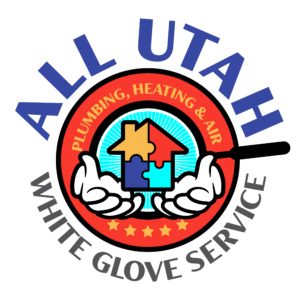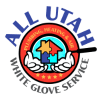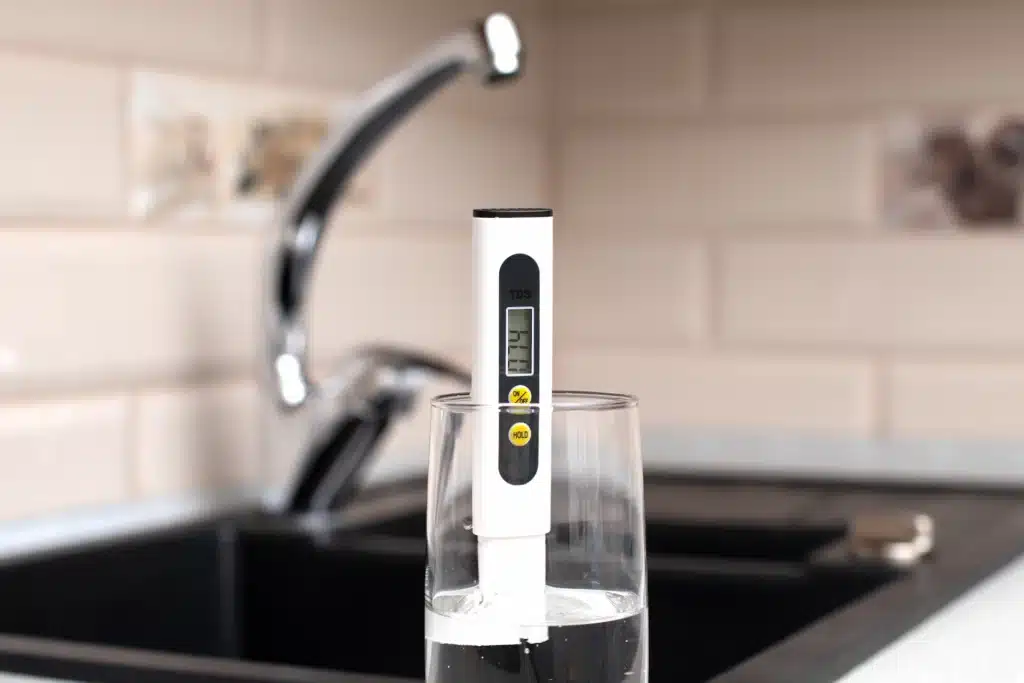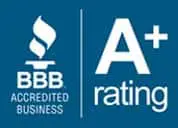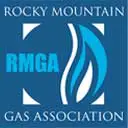Salt Lake City, Utah, is known for high-altitude living, but one common household challenge residents face is dealing with hard water. Hard water is rich in minerals like calcium and magnesium, which, while safe for consumption, can wreak havoc on your home’s plumbing, appliances, and even personal well-being.
Hard water is water that contains high concentrations of dissolved minerals, primarily calcium and magnesium. These minerals originate from natural deposits in soil and rock, dissolving as water flows through them.
- Hard Water
Hard water forms when groundwater interacts with limestone or chalk, which are rich in calcium carbonate. The mineral content is measured in grains per gallon (GPG), with water over 10.5 GPG classified as very hard. - Measuring Water Hardness
Home testing kits or professional assessments can determine water hardness, offering insights into appropriate solutions.
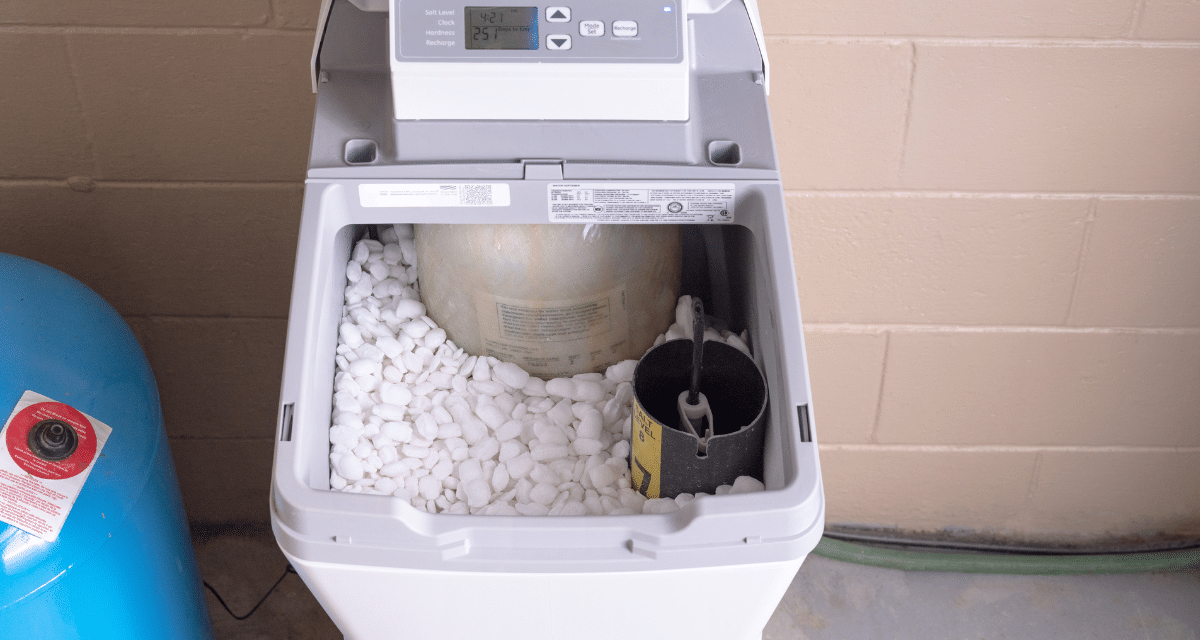
Hard Water in Salt Lake City, Utah
Salt Lake City’s water supply is sourced from a combination of mountain streams, reservoirs, and groundwater. The geological composition of the region contributes to its hard water.
- Water Sources and Hardness Levels
The city’s water hardness levels average around 13–18 GPG, significantly above the threshold for hard water. This level requires active management to prevent damage.
Signs of Hard Water in Your Home
Hard water often reveals itself through noticeable household issues:
- Spotty, cloudy dishes even after washing
- Soap scum buildup in sinks, bathtubs, and showers
- Dry, itchy skin and hair after bathing
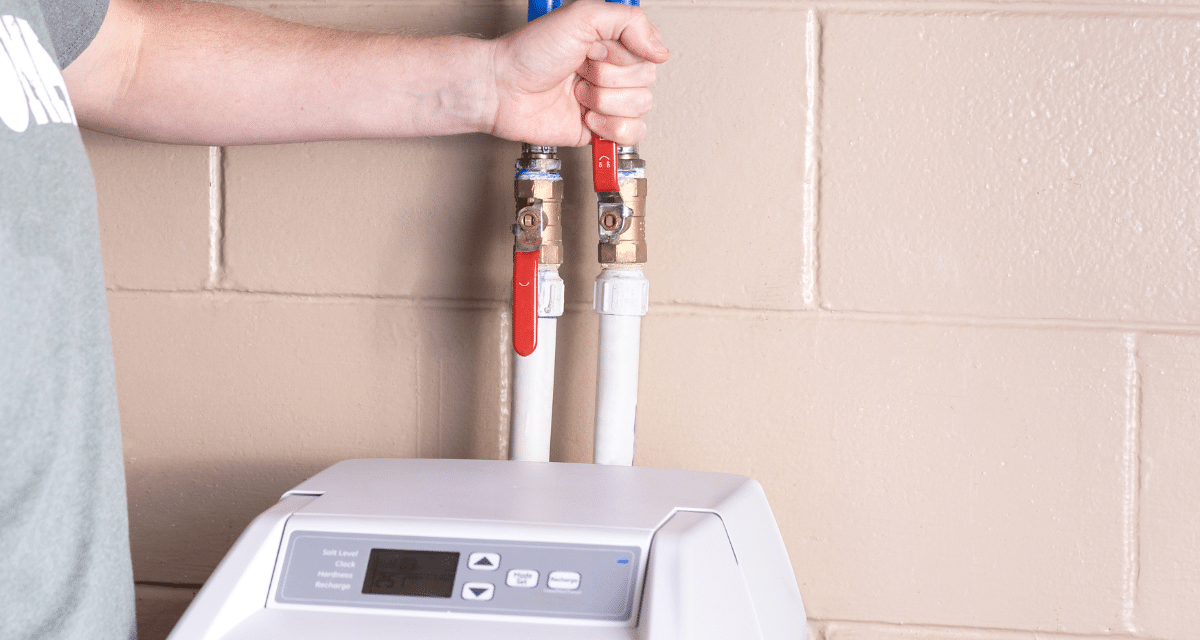
How Hard Water Impacts Plumbing Systems
Hard water leaves behind limescale—a chalky, white deposit—in pipes, reducing water flow and causing clogs. Over time, this can:
- Decrease water pressure
- Increase the likelihood of pipe damage and leaks
- Lead to costly repairs
Having problems with water softener? Contact us now to schedule an appointment.
Effects on Water Heaters and Boilers
Scale buildup can insulate heating elements, reducing efficiency and increasing energy consumption. For instance:
- A water heater with heavy scaling may use up to 30% more energy.
- Frequent descaling is required to maintain functionality.
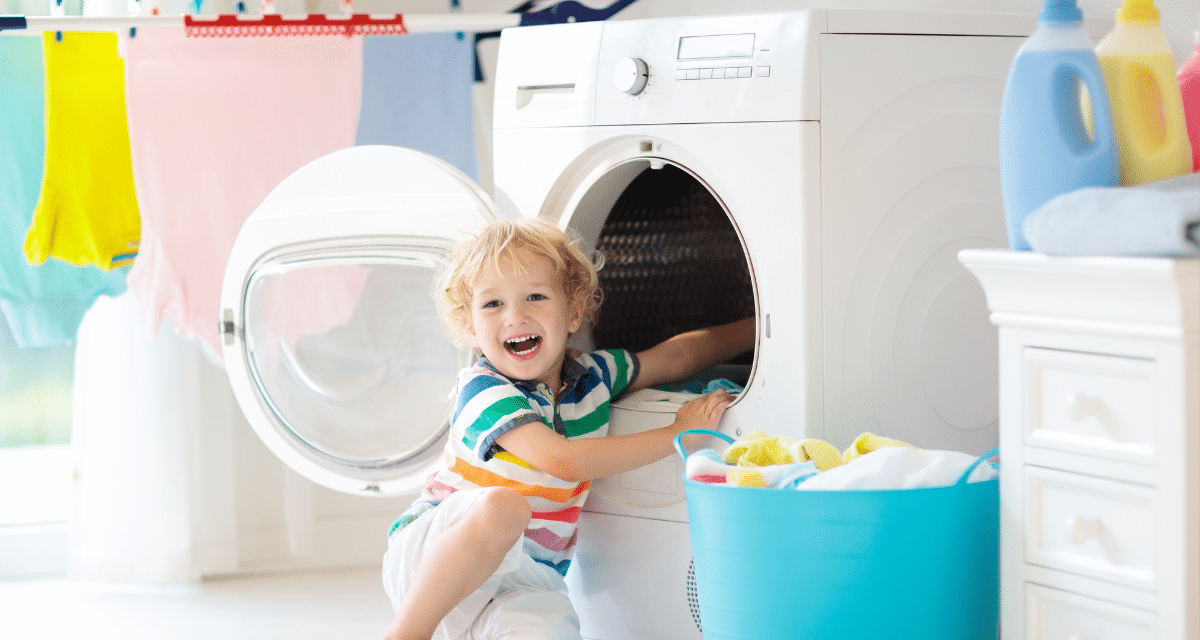
Impact on Dishwashers and Washing Machines
Appliances working with hard water often show reduced performance and shorter lifespans. You might notice:
- Residual spots on dishes
- Stiff or faded laundry
- Higher energy costs from inefficient operation
Hard Water and Bathroom Fixtures
Bathroom surfaces and fixtures can easily be damaged by hard water. Stains on showerheads, faucets, and tiles can be tough to clean. You may need special cleaning products or vinegar-based solutions to remove them.
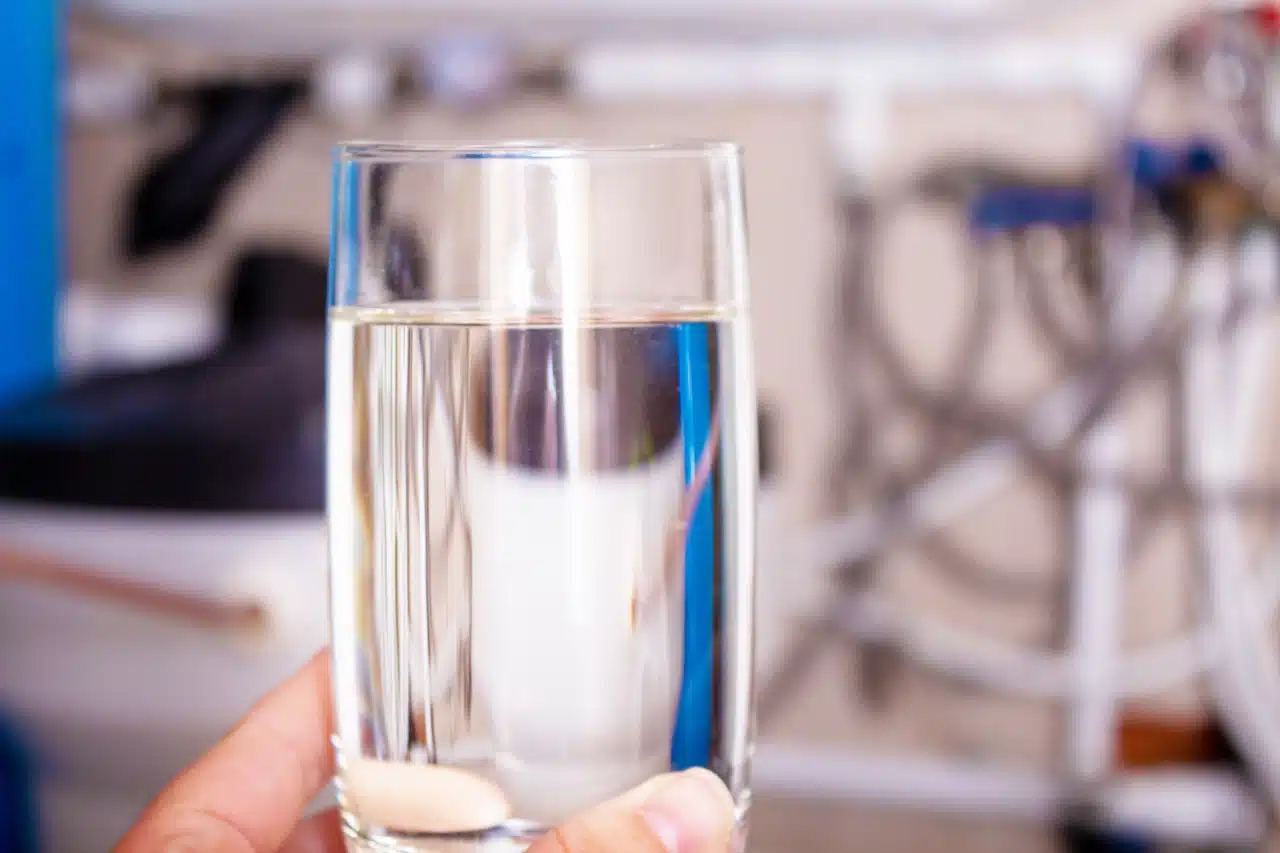
Hard Water and Drinking Water Taste
While hard water is generally safe to drink, its mineral content can:
- Alter the taste, giving it a metallic or chalky flavor.
- Sometimes cause cloudy or off-colored water.
Solutions for Managing Hard Water
Homeowners can combat hard water with:
- Water Softeners: Removing minerals through ion exchange systems.
- Pipe Maintenance: Regular descaling to prevent buildup.
- Resistant Appliances: Opt for devices designed for hard water environments.
Benefits of Water Softeners in Salt Lake City Homes
Water softeners provide long-term relief, improving water quality and safeguarding appliances. Benefits include:
- Softer laundry and spot-free dishes
- Reduced cleaning efforts
- Longer-lasting plumbing systems
Professional Water Treatment Services
For more severe cases, professional services offer advanced solutions like reverse osmosis or advanced filtration systems. Contact us now to schedule an appointment with a specialist.
